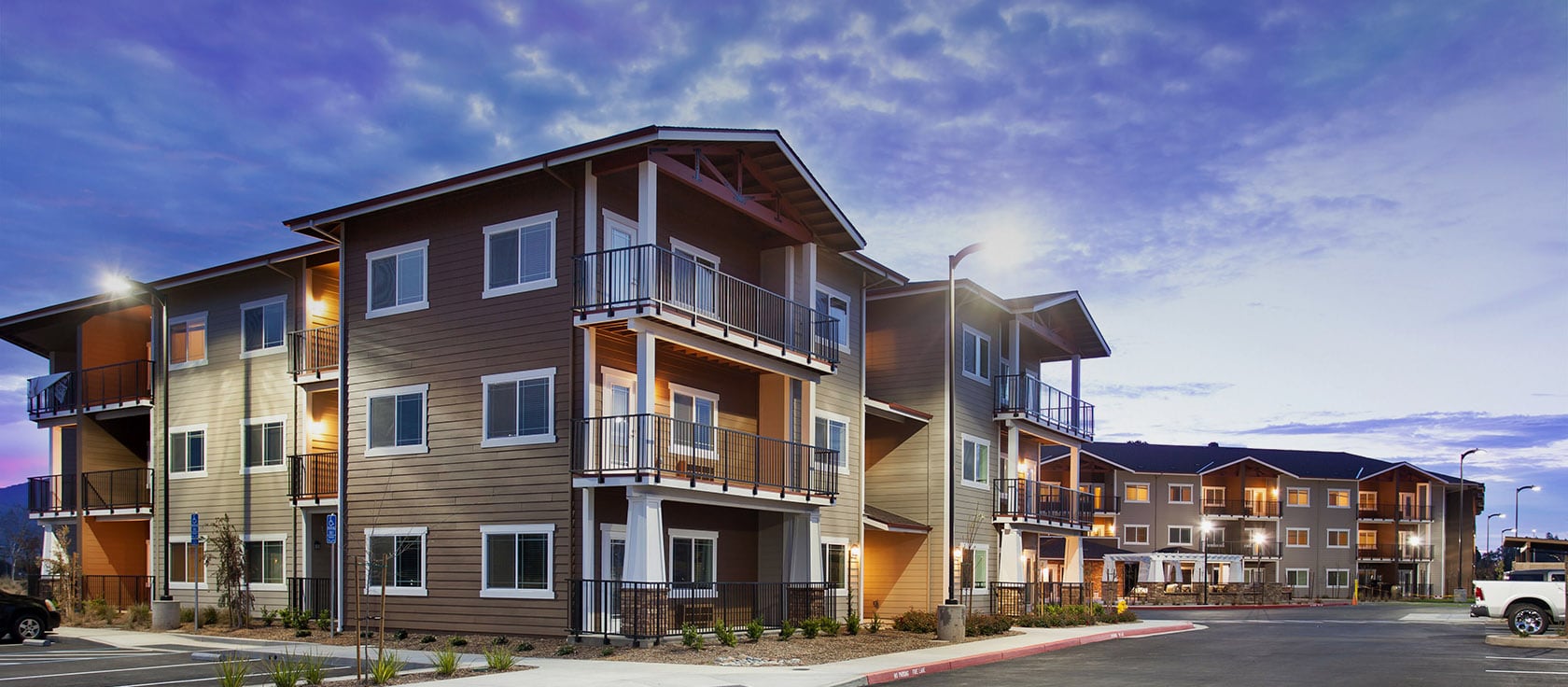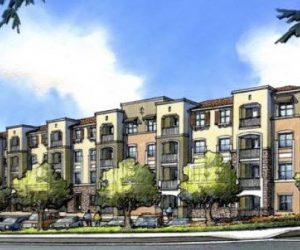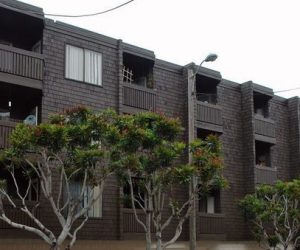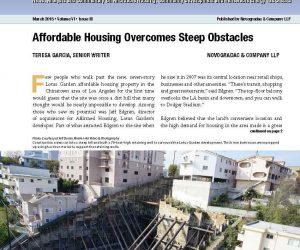There has been some positive legislation in 2021 to address the lack of affordable housing, but more needs to be done. It’s fairly intuitive that affordable housing provides benefits for families, but what’s less well-known is that it actually has positive economic impact on the economy and is a source of enriching communities, as we will discuss below.
Affordable Housing is Crucial to Families
The impact of affordable housing on the affected families is greater than most people realize. Affordable housing fulfills a basic human need and contributes to the well being of both parents and children. Studies show that children in stable housing do better in school and are less likely to experience disruption in their education due to unwanted moves.
Affordable housing also frees up funds within families’ tight budgets to spend on health care and food. Studies have shown that children whose parents receive housing assistance benefit from better nutrition.
For parents, living in decent, affordable housing also means reduced stress due to a lessening of concerns that high housing costs will lead to foreclosure and eviction; this in turn leads to fewer physical and mental health problems and reduced absenteeism on the job
Increasing Access to Affordable Housing Bolsters Economic Growth
In revitalizing communities, the construction of affordable homes can also help to stimulate economic growth. Affordable homes can attract and retain employees to your community – a selling point and a competitive advantage for area employers. Affordable homes also support the local workforce so they can live close to their jobs. Shorter commutes allow workers to spend more time with their families while the community benefits from reduction in traffic congestion, air pollution, and expenditures on roads.
Research shows that the shortage of affordable housing costs the American economy about $2 trillion a year in lower wages and productivity. Without affordable housing, families have constrained opportunities to increase earnings, causing slower GDP growth. In fact, researchers estimate that the growth in GDP between 1964 and 2009 would have been 13.5% higher if families had better access to affordable housing.
Affordable Housing is in Short Supply
The wheels of change are slowly turning and more legislation is passing to provide affordable housing. Clearly, there’s currently a huge dearth of availability of affordable housing when you consider these factors:
- 6.8 million more affordable housing units are needed for extremely low income families
- 580,000+ people are experiencing homelessness on any given night
- 70% of all extremely low income families pay more than half their income on rent
- 1 in 4 extremely low income families who need assistance receive it
There’s so many positive financial and social impacts of affordable housing, that much more should be done to increase the availability of it.
FFAH Enriches Lives Through Affordable Housing
The Foundation for Affordable Housing creates safe, comfortable, high-quality, affordable homes that enrich the lives of their residents and add stability to the surrounding community. This holiday season, we encourage you to make a donation to the communities that FFAH and Embrace Foundation support.





